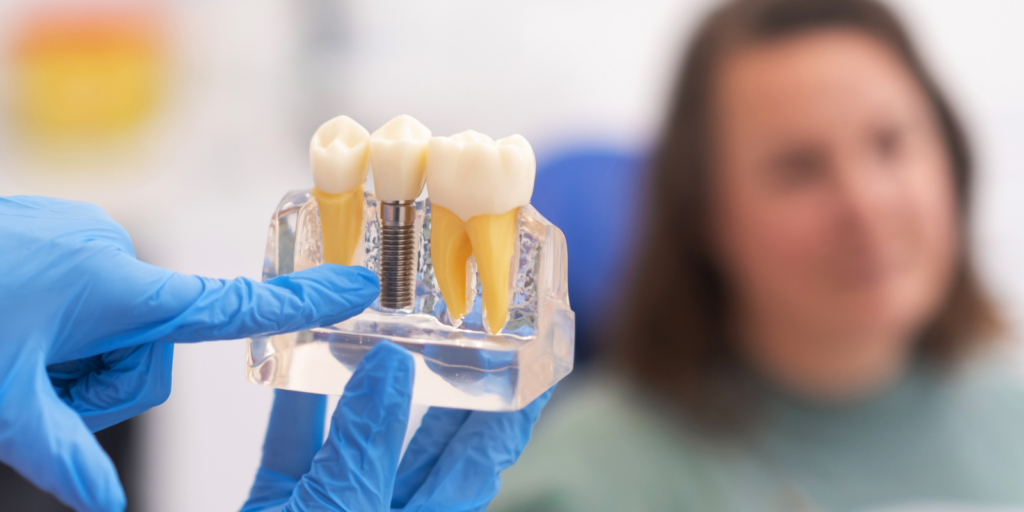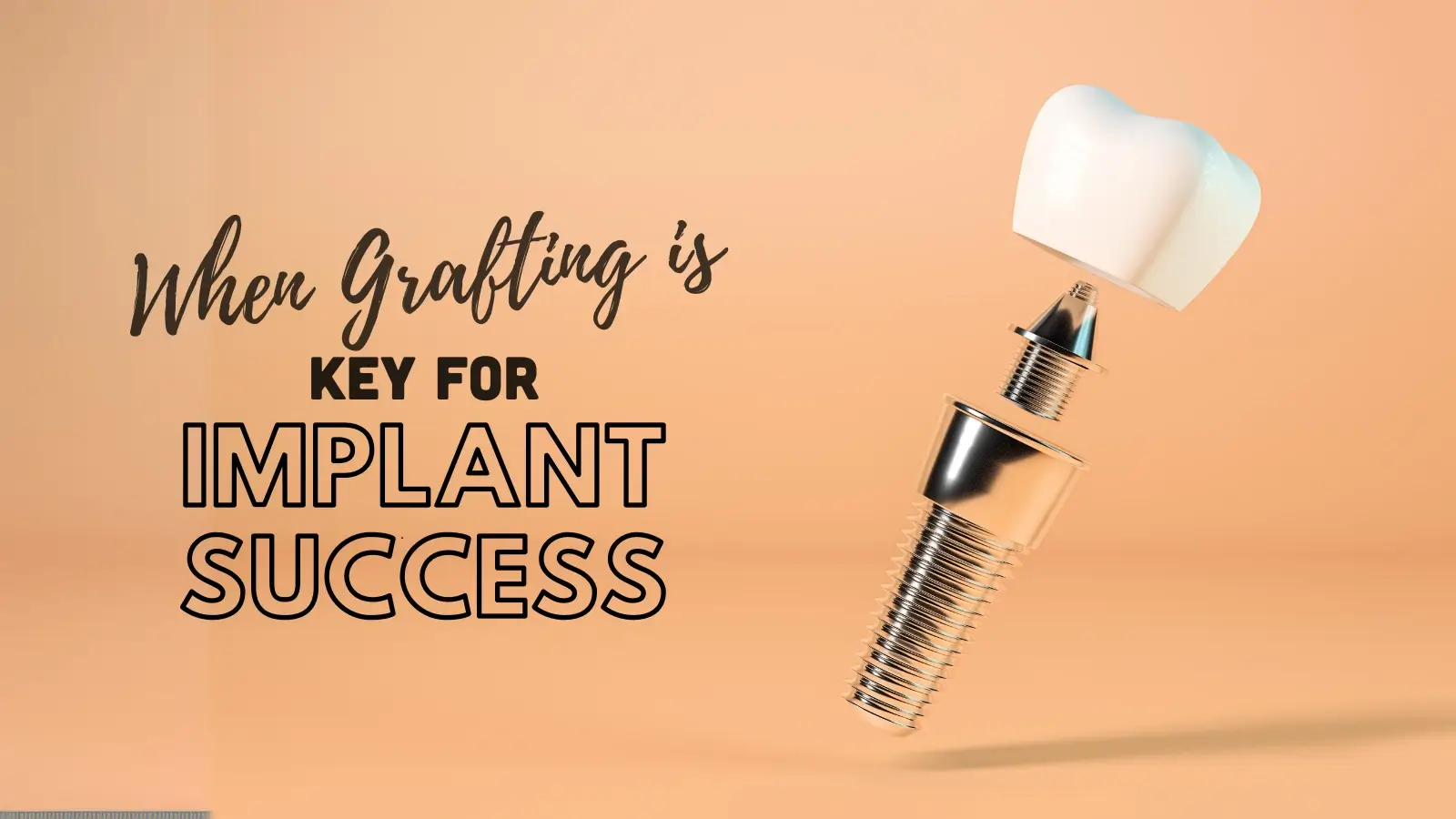Dental implants have become a popular solution for those looking to replace missing teeth. Unlike dentures or bridges, dental implants are a permanent solution that closely mimics the look and feel of natural teeth. However, the process of getting a dental implant involves a surgical procedure that requires a period of recovery. One of the most common questions patients ask is, “How many days should I rest after getting a dental implant?” This blog post will explore the recommended rest period, factors that can influence recovery time, and tips for ensuring a smooth healing process.
Understanding the Dental Implant Procedure
Before diving into the recovery process, it’s important to understand what the dental implant procedure entails. A dental implant consists of three main components:
- The Implant: A titanium post that is surgically placed into the jawbone, acting as the root for the new tooth.
- The Abutment: A connector piece that is placed on top of the implant, holding the crown in place.
- The Crown: The visible part of the tooth that is attached to the abutment.
The procedure typically involves the following steps:
- Consultation and Planning: Your dentist will assess your oral health, take X-rays, and create a customized treatment plan.
- Surgical Placement of the Implant: The implant is surgically placed into the jawbone. This is usually done under local anesthesia, and sedation may be offered for those who feel anxious.
- Healing Period (Osseointegration): The implant needs time to fuse with the jawbone, a process known as osseointegration. This can take several months.
- Placement of the Abutment and Crown: Once the implant has integrated with the bone, the abutment and crown are placed.
Given the surgical nature of the procedure, a certain amount of rest is necessary to ensure proper healing.
Recommended Rest Period After Dental Implant Surgery
The recommended rest period after dental implant surgery can vary depending on several factors, including the complexity of the procedure, the patient’s overall health, and how many implants were placed. However, a general guideline is as follows:
- Immediate Rest (First 24-48 Hours): It is crucial to rest for at least the first 24 to 48 hours after the surgery. During this time, avoid any physical activity, including heavy lifting, exercise, or even bending over. This period is critical for allowing the initial healing to begin and to minimize the risk of complications such as bleeding or implant failure.
- First Week: Most patients will need to take it easy for the first week after surgery. While you may be able to return to light activities after the first 48 hours, it’s important to avoid strenuous activities that could disrupt the healing process. This includes avoiding activities that may increase blood flow to the head, such as vigorous exercise or lifting heavy objects.
- Second Week Onwards: By the second week, many patients start to feel more comfortable and can gradually return to their normal routines. However, it’s important to listen to your body and not rush the recovery process. Some patients may still need to avoid certain activities, particularly those that involve a lot of physical exertion.
Factors That Can Influence Recovery Time
Several factors can influence how long you need to rest after getting a dental implant. Understanding these factors can help you plan your recovery and ensure the best possible outcome.
1. Complexity of the Procedure
- Single Implant: If you are only getting one implant, your recovery time may be shorter compared to someone who is receiving multiple implants.
- Multiple Implants: If you are receiving several implants or undergoing additional procedures such as bone grafting, you may need a longer rest period.
- Bone Grafting: If your implant procedure includes bone grafting to build up the jawbone, this can extend the recovery period as your body heals from both the graft and the implant surgery.
2. Your Overall Health
- General Health: Patients in good overall health tend to recover more quickly. Conditions such as diabetes, smoking, or compromised immune systems can slow down the healing process.
- Oral Health: Good oral hygiene and healthy gums can contribute to a faster recovery. If you have pre-existing dental issues, your recovery may take longer.
3. Age
- Younger Patients: Younger individuals may recover more quickly due to better circulation and healing capabilities.
- Older Patients: Older adults may require a longer recovery period, especially if they have other health conditions that affect healing.
4. Lifestyle Factors
- Smoking: Smoking can significantly impair healing and increase the risk of complications. It’s recommended to avoid smoking before and after the procedure to promote better recovery.
- Diet: A balanced diet rich in nutrients can support healing. Consuming soft, nutrient-rich foods during the initial recovery period can aid in a smoother recovery.
Tips for a Smooth Recovery
While the length of the rest period may vary, there are several steps you can take to ensure a smooth and successful recovery:
1. Follow Your Dentist’s Instructions
Your dentist will provide specific post-operative instructions tailored to your situation. This may include guidance on oral hygiene, diet, and medications. Following these instructions closely is crucial for a successful recovery.
2. Manage Pain and Discomfort
It’s common to experience some pain and discomfort after dental implant surgery. Over-the-counter pain relievers, such as ibuprofen or acetaminophen, can help manage this. Your dentist may also prescribe stronger pain medications if needed.
3. Maintain Oral Hygiene
Keeping your mouth clean is essential to prevent infection. Your dentist may recommend rinsing your mouth with a saltwater solution or an antimicrobial mouthwash. Avoid brushing the surgical area for the first few days, but be sure to clean the rest of your mouth gently.
4. Stay Hydrated and Eat Soft Foods
Staying hydrated is important for the healing process. Drink plenty of water and avoid alcohol, as it can interfere with the healing process. Stick to soft foods like yogurt, mashed potatoes, and smoothies for the first few days to avoid putting pressure on the implant site.
5. Avoid Physical Activity
As mentioned earlier, it’s important to avoid strenuous physical activity for at least the first week. Gradually reintroduce exercise and other activities based on how you feel and according to your dentist’s recommendations.
6. Monitor for Complications
While complications are rare, it’s important to monitor your recovery and be aware of any signs that something may be wrong. Symptoms to watch for include excessive bleeding, severe pain, swelling that doesn’t improve, or signs of infection such as fever or pus. If you experience any of these symptoms, contact your dentist immediately.
The recovery period after getting a dental implant is crucial for ensuring the long-term success of the procedure. While the general recommendation is to rest for at least 24-48 hours and to take it easy for the first week, the exact length of time you’ll need to rest can vary depending on several factors, including the complexity of the procedure, your overall health, and your lifestyle.
By following your dentist’s instructions, managing pain and discomfort, and avoiding strenuous activities, you can help ensure a smooth and successful recovery. Remember, it’s always better to err on the side of caution and give your body the time it needs to heal properly. If you have any concerns or questions about your recovery, don’t hesitate to contact your dentist for guidance.







